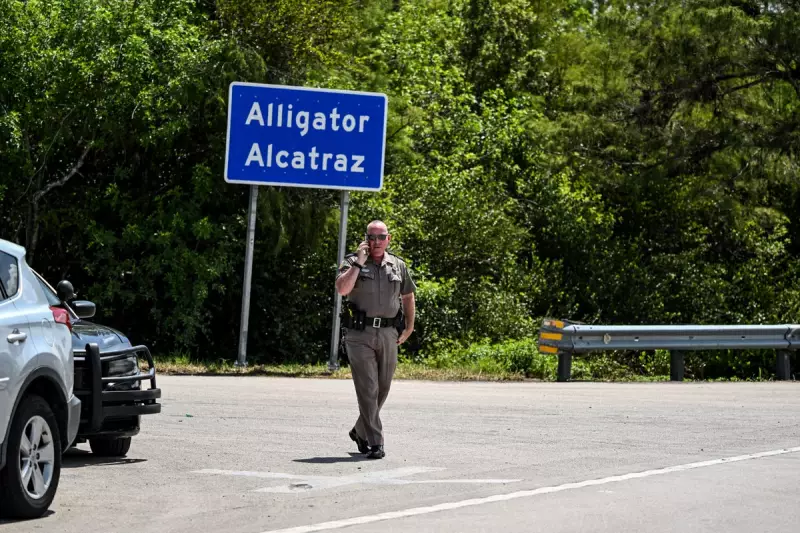
Deep within Florida's legendary Everglades, American authorities are operating what's been dubbed an 'Alcatraz for Alligators' - a high-security facility housing some of the state's most troublesome reptiles at astonishing cost to taxpayers.
The specialised compound, designed to contain alligators deemed too dangerous or problematic for release, has become a multi-million dollar operation that's raising eyebrows among conservationists and budget watchdogs alike.
The Pricey Predator Problem
According to recent disclosures, the US government is allocating substantial funds to maintain this unique detention centre for reptilian offenders. While exact figures remain closely guarded, insiders confirm the operation runs into millions of dollars annually, covering everything from secure enclosures to specialised veterinary care.
"These aren't your average backyard gators," explained one wildlife official who requested anonymity. "We're dealing with animals that have repeatedly demonstrated aggressive behaviour towards humans or have become too accustomed to urban environments."
Why Can't They Be Released?
Conservation experts point to a troubling pattern: once alligators lose their natural fear of humans and associate people with food, they become permanent liabilities. Traditional relocation methods often fail, as these clever reptiles frequently find their way back to populated areas or simply become someone else's problem.
The facility represents a growing dilemma for wildlife managers across the American South. As human populations expand into traditional alligator territory, encounters are becoming increasingly common, creating more 'problem' animals that need permanent solutions.
A Controversial Conservation Conundrum
While some question the substantial investment in housing individual animals, defenders argue the facility plays a crucial role in public safety and conservation education.
"These animals serve as powerful reminders of what happens when humans and wildlife boundaries blur," noted Dr Elena Rodriguez, a crocodilian specialist. "They're also valuable for research purposes, helping us understand behaviour patterns that could prevent future conflicts."
The operation continues to spark debate about the appropriate balance between conservation priorities and fiscal responsibility, particularly as climate change and urban development intensify human-wildlife interactions across Florida's fragile ecosystems.





